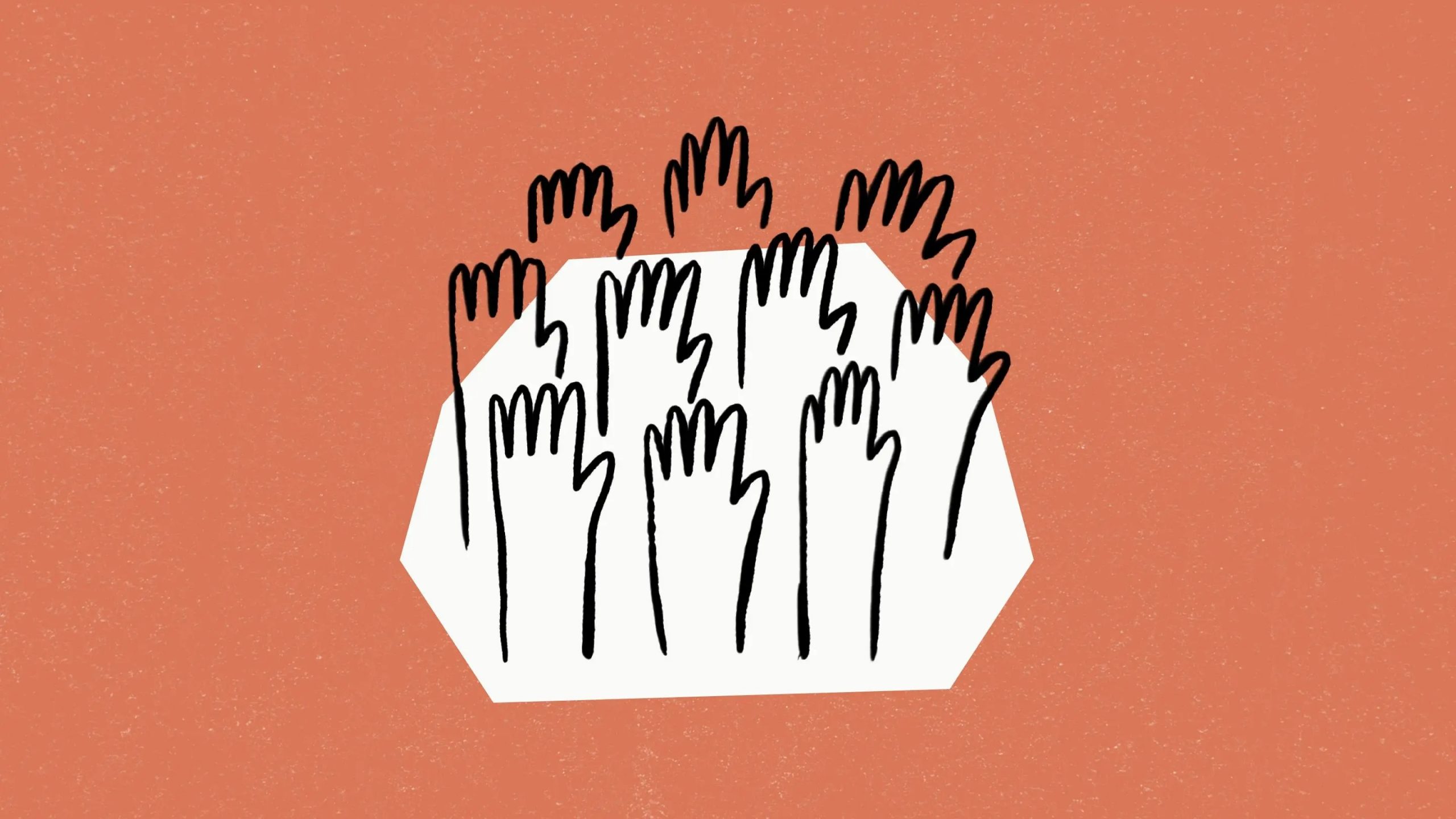[ad_1]
Anthropic has received some welcome news, in one of a number of copyright infringement lawsuits against various AI firms.
CNBC reported that a federal judge ruled late on Monday that Anthropic’s use of books to train its artificial intelligence model Claude was “fair use” and “transformative” since the large language models “have not reproduced to the public a given work’s creative elements, nor even one author’s identifiable expressive style.”
It comes after Amazon-backed Anthropic was sued in August 2024 by three authors who had alleged Anthropic misused their books and hundreds of thousands of others, in order to train its AI-powered chatbot Claude.

Author lawsuit
The class-action lawsuit had been filed in the US District Court for the Northern District of California, by writers and journalists Andrea Bartz, Charles Graeber and Kirk Wallace Johnson.
They alleged that Anthropic used pirated versions of their works and others to teach Claude to respond to human prompts.
The authors also alleged that Anthropic has “built a multibillion-dollar business by stealing hundreds of thousands of copyrighted books.”
According to the complaint, the authors’ works were included in a dataset of pirated books that Anthropic used to train Claude.
The lawsuit requested an unspecified amount of monetary damages and an order permanently blocking Anthropic from misusing the authors’ work.
Judge ruling
But now CNBC reported that US District Judge William Alsup wrote in his ruling that Anthropic’s AI training did not violate the authors’ copyrights since the large language models “have not reproduced to the public a given work’s creative elements, nor even one author’s identifiable expressive style.”
“The purpose and character of using copyrighted works to train LLMs to generate new text was quintessentially transformative,” Alsup reportedly wrote. “Like any reader aspiring to be a writer.”
CNBC noted that the decision is a significant win for AI companies as multiple copyright infringement lawsuits.
Alsup’s ruling begins to establish the legal limits and opportunities for the industry going forward, CNBC reported.
Some AI firms have reached licensing deals with content providers such as News Corp as a way to mitigate these legal claims.
Judge Alsup did, however, order a trial on the pirated material that Anthropic put into its central library of content, even though the company did not use it for AI training, CNBC reported.
“That Anthropic later bought a copy of a book it earlier stole off the internet will not absolve it of liability for the theft, but it may affect the extent of statutory damages,” the judge reportedly wrote.
[ad_2]
Source link

